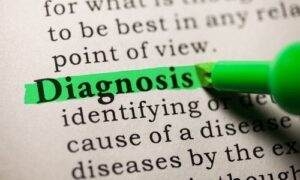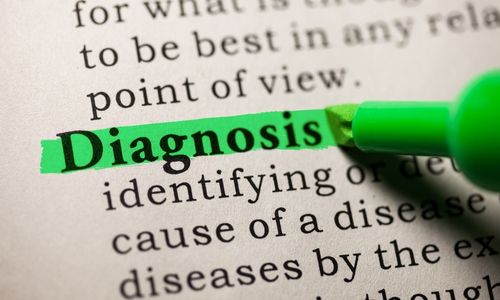
Diagnoses come up in our work all the time. I was working with a client once who was struggling to complete tasks independently. When we worked together on them, it wasn’t difficult for the individual, but, when left to their own devices, everything fell apart. One day I asked:
Me: “Why do you think you didn’t finish the task?”
Client: “My ADHD…”
As a coach, this leaves us with little to do. I can’t “cure” or “fix” diagnoses (disclaimer, you are not broken, therefore you don’t need fixing). Often, coaches will first try to break down the situation to better identify the real cause of the struggle. Was it a lack of problem solving skills? Was it a difficulty with initiation? Our goal as coaches isn’t to just always provide this line of thought. Instead, we need to teach this mindset to those with a variety of diagnoses. Further, those without any diagnosis can also benefit by approaching your own challenges and struggles in this mindset.
We are going to discuss how to approach this a different way, a way in which you can empower yourself to do something about it!
- What is left out of a diagnosis?
- Where should our focus be? – Manifestations and Impacts
- The Empowerment of Individuals through Radical Acceptance and Proactive Metacognition
What is left out of diagnoses?
Diagnoses don’t often focus on strengths, but rather focus on challenges and deficits. This is useful information, if you know how to use the information. The first piece of advice is to not focus on the label of the diagnosis, but dive deeper into the symptoms. Diagnoses are also umbrella terms to categorize challenges. For example, an ADHD diagnosis for those comes from these criteria: must have 6 out of 9 symptoms (5 out of 9 in those above 17 years old), in at least two settings, persisting for over 6 months, and some symptoms present before the age of 12 years old. For adults, this can mean up to 3,024 different combinations of symptoms, and for adolescents and children up to 504 different combinations of symptoms. This is important to grasp because the focus for individuals should be: Which combination of symptoms do I have?
Where should our focus be?
Avoid focusing on diagnoses. There is not much one can do about a diagnosis. The focus isn’t to get rid of the diagnosis, the focus should be on how to mitigate the challenges that result from the symptoms. Further, focus on your strengths. There is not a ‘best practice’ for everyone. Taking the time to focus on your specific combination of strengths and challenges, can help you develop strategies that work best for you. When you are problem solving, we should be focusing on problems that can be ‘solved.’ The original conversation makes the diagnosis of ADHD seem like the problem, but that problem can’t be solved. Rather, focus on the impact. Think about things like is it my environment leading to distraction? Do I struggle maintaining attention, and therefore need to focus on developing breaks? This may seem insignificant, but it is an empowering way to approach problem solving and growth.
The Empowerment of Individuals through Radical Acceptance and Proactive Metacognition
When you focus on a diagnosis, it can lead to feelings of hopelessness and apathy. This is not to say that accepting a diagnosis isn’t beneficial, it just isn’t where your focus should be when setting goals, developing strategies, and solving problems. Radical Acceptance is a concept that focuses on agency. Our efforts and energy are better spent on things that we can influence and change, not those that are outside of our power of influence. A diagnosis is one such thing, we do not have the power to change how our brain’s work and function. It is much more effective to focus our energy on two main areas: understanding our brain’s strengths and weaknesses (Metacognition), problem solving and strategy development. This mindset shift can help empower individuals to see that they can influence their fates and gain agency over their futures.





